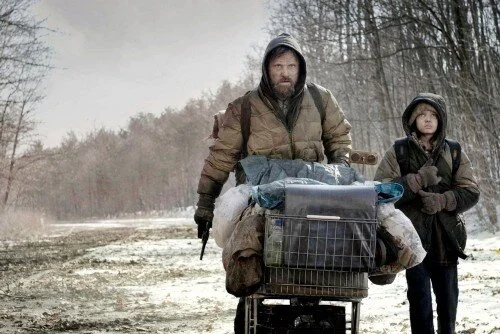I must have had a drink every day for the last 20 years, more or less. Not loads of drinks, not drinking until I black-out, but at least a beer or two, for 95% of the last 7300 days.
I drink to take the edge of the anxiety I’ve felt ever since I had a couple of bad trips when I was 18, which gradually developed into PTSD and social anxiety.
Read More






























